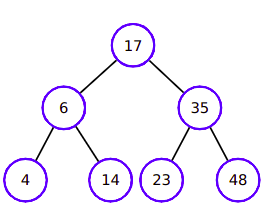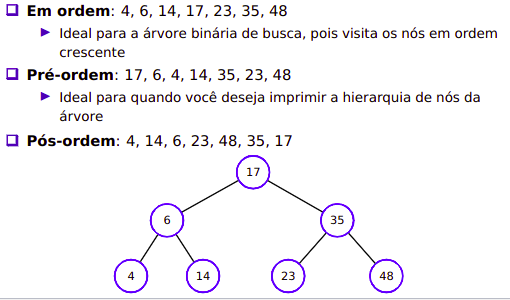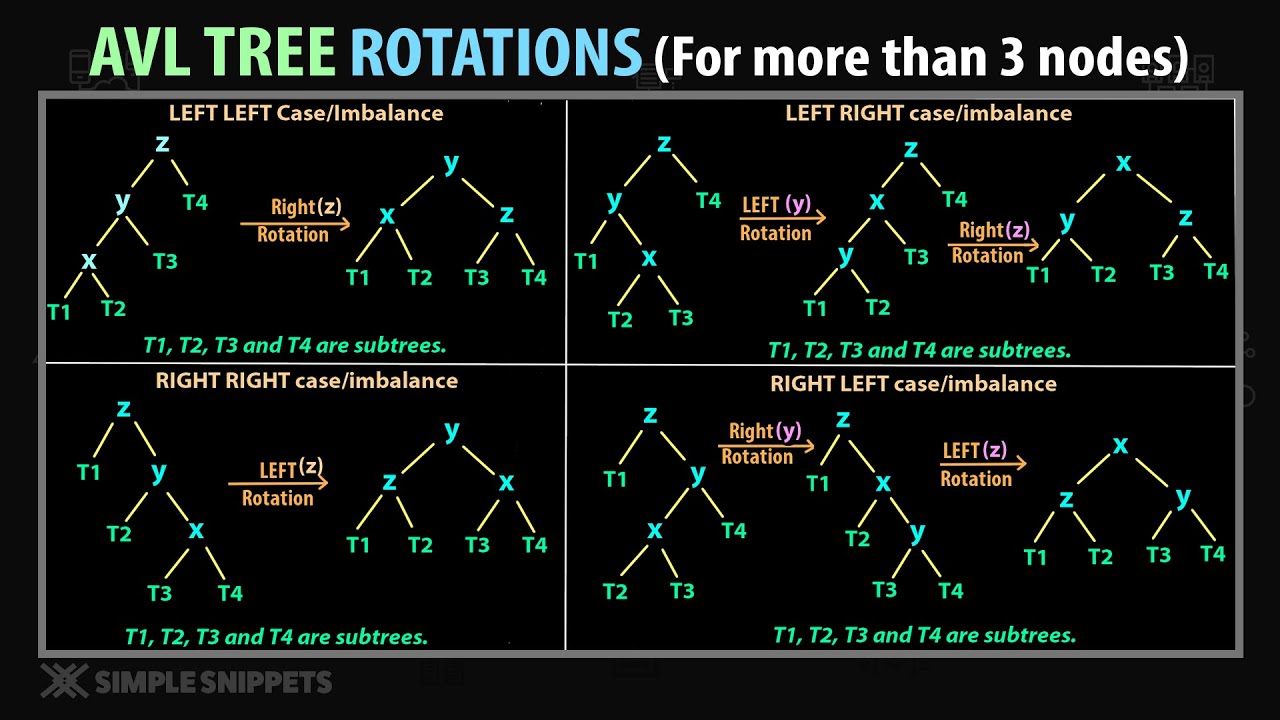🎄 Trees
- Trees has similar to the node structure of lists
- The principal node is called Root
- Below, we have the subtrees
- Each node has a node pointing to him

🤔 Examples of uses
- HTML structure
- Folders
- Interfaces
- RL example: a tree.
- All nodes has 0 or more children
- All nodes has just one father
- The node degree is defined by the number of children what he have
- Nodes with the same father are brothers
- Nodes with degree zero can be called leaf
- Path: A sequence of nodes. The size of this path is the number of arcs
- Depth: To each node of a tree, exists a unique path between root and this node. The size of this path is called Depth.
- Height: The depth max in any node
Types of Search
- Post order:
left -> right -> root(down to up) - Pre order:
root -> left -> right(hierarchy) - In order:
left -> root -> right(crescent)
Binary Tree
- A binary tree has bellow each node, maximum of 2 subtrees.
- Each node has 1 key and 2 pointers, one for the subtree in left and one for subtree in right

AVL Tree
This method is used to auto balancing the trees with rotations, making the module of
heightLeft - heightRightbe less than 1 (balanced). In AVL trees, we register the node height.Right rotation: The left subtree is heavy
Left rotation: The right subtree is heavy
Left Right rotation: The Node heavy in left and subtree heavy in right. Makes a left rotation and a right rotation.
Right Left rotation: The node heavy in right and subtree heavy in left. Makes a right rotation and a left rotation.

Being B the Imbalance Factor (leftHeight - rightHeight):
B > 1andkey < root.left.key: Right rotation.B < -1andkey > root.right.key: Left rotation.B > 1andkey > root.left.key: Left Right rotation.B > -1andkey < root.right.key: Right Left rotation.